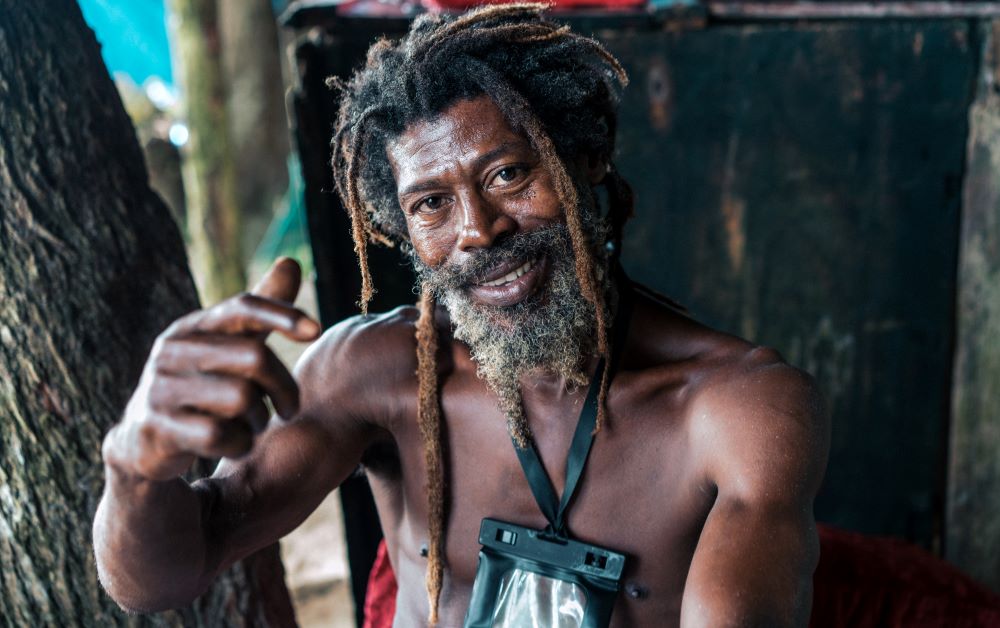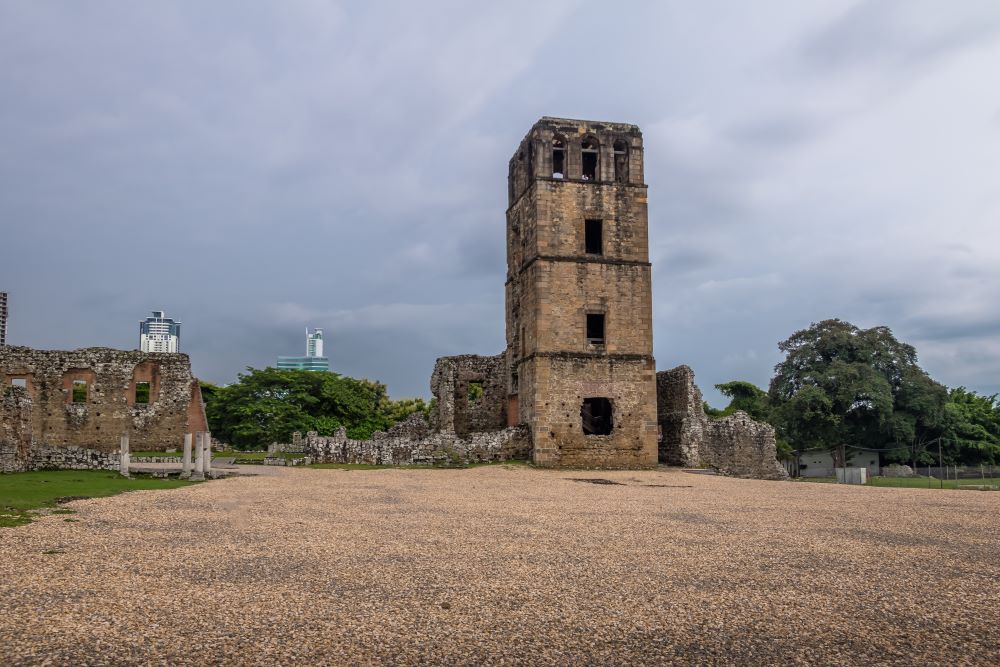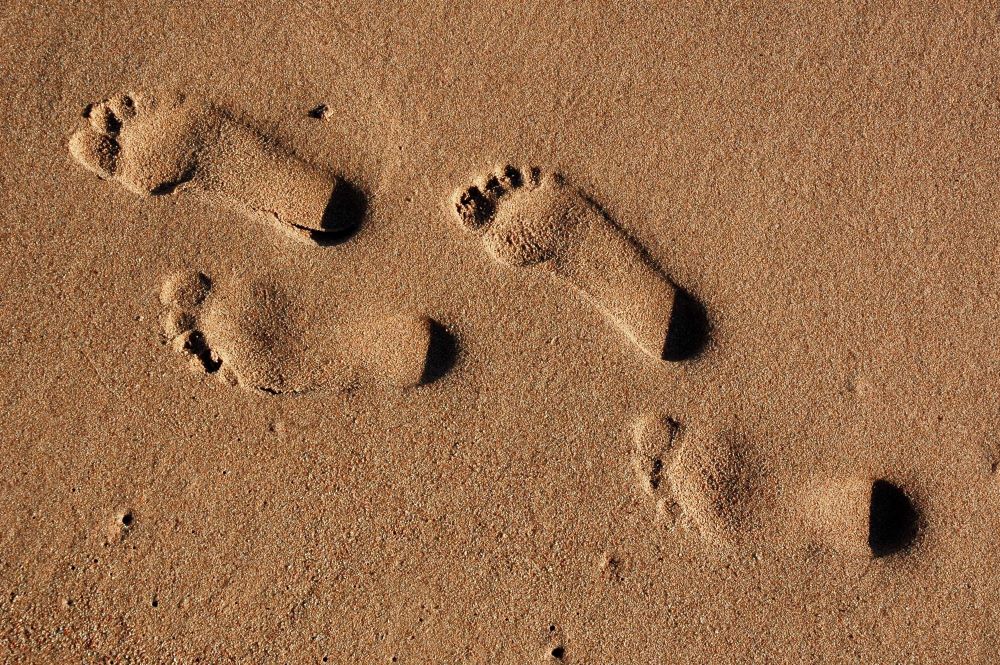The rhythmic pulse of reggae, the allure of sun- kissed beaches, and the vibrant burst of colors from a bustling market — these are often the images conjured when one thinks of Jamaica. Yet, beneath the allure lies a deeper story, a rich tapestry woven with threads that stretch back to the African continent.
For African Americans, this Caribbean island offers more than just a vacation spot; it presents a portal to ancestral roots, a glimpse into shared histories and struggles, and a mirror reflecting back stories of resilience and triumph.
This article delves into the lesser-known facets of Jamaica, shedding light on the profound connections that link its soul to Africa and, in turn, offering African Americans an opportunity to engage with the island in a profoundly personal and transformative manner.
Join us as we journey through the annals of Jamaica’s past, unveiling stories and truths that resonate deeply with the broader narrative of the African diaspora.
Here’s a sampling of little known stories told about the island we all love…Jamaica:
Rastafarianism & Ethiopia: The Rastafarian movement, which started in Jamaica, venerates Emperor Haile Selassie I of Ethiopia as a divine figure. This deep connection between Jamaica and Africa is represented in the Rastafarian colors: green, yellow, and red, taken from the Ethiopian flag.

African Retentions: Many aspects of traditional African culture have been preserved in Jamaica. This includes practices like Kumina and Nyabinghi, which are rooted in central and eastern African traditions and have evolved into uniquely Jamaican expressions of spirituality and drumming.
Akan Influence: A significant proportion of the enslaved Africans brought to Jamaica came from the Akan region of present-day Ghana. Consequently, many elements of Akan culture, including language, proverbs, and storytelling traditions, have left a lasting mark on Jamaican culture.

Jamaican Patois: The Jamaican language, often called Patois or Patwa, retains many words of African origin, especially from Akan languages like Twi. Examples include “unu” (you all) and “duppy” (ghost or spirit).
Tacky’s Rebellion: Tacky was an enslaved African leader who led one of the largest and most impactful slave rebellions in Jamaica in 1760. He was originally a Coromantee chief in Ghana before being enslaved and transported to Jamaica.
Nanny of the Maroons: Queen Nanny, a Ghanaian Ashanti leader, is a national hero in Jamaica. She was a spiritual, cultural, and military leader of the Maroons in the 18th century. Under her leadership, the Maroons maintained their autonomy from the British.
Jonnkanoo (John Canoe): This traditional Jamaican festivity traces its roots back to both the Akan regions of West Africa and the Slave Coast. The masks and dancing during Jonnkanoo are reminiscent of West African masquerade festivals.
For many African Americans, connecting with their roots is an integral part of understanding their identity.
Jamaica, with its vibrant tapestry of cultures, offers a unique bridge to the African continent. The island’s history is interwoven with tales of resilience, spirituality, and revolution that echo the experiences of the African diaspora.
From the defiant Maroon communities that held their ground against colonial powers to the pulsating beats of Rastafarian drum circles venerating an Ethiopian emperor, Jamaica tells a story that resonates deeply with those of African descent. The linguistic traces in Patois, the festivities reminiscent of West African traditions, and the tales of leaders like Queen Nanny, all underscore Jamaica’s inextricable link to Africa.
For African Americans eager to delve deeper into this connection, Jamaica stands as a testament to the enduring spirit of a people and a poignant reminder of the shared legacies that bind the African diaspora together.
I’m currently planning a Jamaican experience for November 2024 and I would love to see you there. Want to join me? Click this link to be notified when the experience is launched. There will be many special perks for those who register early. I hope you have enjoyed these little known facts about Jamaica and I look forward to seeing you in November 2024.
-Terry

